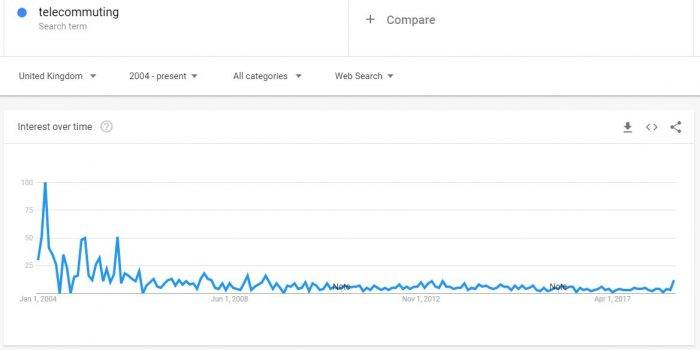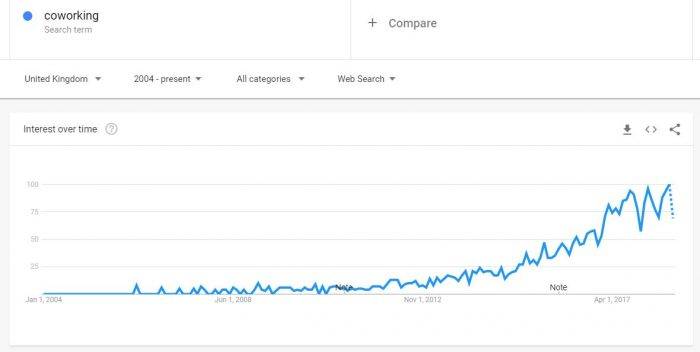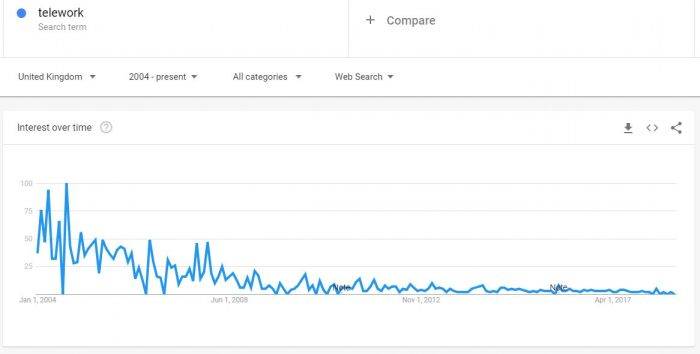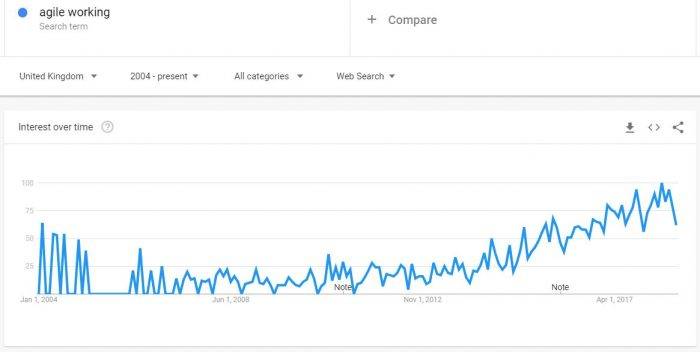September 18, 2018
Britain should make it easy for high skilled immigrants in the wake of Brexit vote
 The UK Government should restrict levels of immigration by low-skilled workers after Brexit, but at the same time make it considerably easier for for medium-skilled and high-skilled workers from around the world, according to a new report from the Migration Advisory Committee. The detailed report was commissioned in July 2017 by Home Secretary Amber Rudd. Its main conclusion is that there is a great deal of hard evidence of the benefit enjoyed by the UK as a result of the migration of highly-skilled migrants and that future policy should reflect this. The study published today, Tuesday, is expected to have a significant effect on the contents of the government’s immigration white paper, due for publication later this year. The report’s conclusions closely match the policy proposals that Home Office officials have outlined to immigration specialists. However, no special preference would be given to EU citizens in the UK’s future immigration system post-Brexit.
The UK Government should restrict levels of immigration by low-skilled workers after Brexit, but at the same time make it considerably easier for for medium-skilled and high-skilled workers from around the world, according to a new report from the Migration Advisory Committee. The detailed report was commissioned in July 2017 by Home Secretary Amber Rudd. Its main conclusion is that there is a great deal of hard evidence of the benefit enjoyed by the UK as a result of the migration of highly-skilled migrants and that future policy should reflect this. The study published today, Tuesday, is expected to have a significant effect on the contents of the government’s immigration white paper, due for publication later this year. The report’s conclusions closely match the policy proposals that Home Office officials have outlined to immigration specialists. However, no special preference would be given to EU citizens in the UK’s future immigration system post-Brexit.













 Recent ONS figures showing a rising employment rate could be inflated by the growth of zero-hour contracts within the gig economy, as the number of UK workers on zero hour contracts having more than tripled since 2012. This is propping up overall employment levels by accounting for almost a quarter of overall employment growth, new data by Adzuna has suggested. With the employment rate currently at a record high of 75.7 percent according to the ONS, Adzuna’s data compares recent growth in the number of people in work overall to the increasing number of zero hour contracts, to ascertain how much these contracts have contributed to the growth.
Recent ONS figures showing a rising employment rate could be inflated by the growth of zero-hour contracts within the gig economy, as the number of UK workers on zero hour contracts having more than tripled since 2012. This is propping up overall employment levels by accounting for almost a quarter of overall employment growth, new data by Adzuna has suggested. With the employment rate currently at a record high of 75.7 percent according to the ONS, Adzuna’s data compares recent growth in the number of people in work overall to the increasing number of zero hour contracts, to ascertain how much these contracts have contributed to the growth.








 UK workers are feeling more confident about the state of the economy but it’s making them less inclined to stay in their current jobs, a new survey claims. According to the latest Global Talent Monitor report for the second quarter of this year, from Gartner 18.8 percent of UK employees indicated a very low intent to stay in their current role, the second highest after India (40 percent), and higher than the global average of nearly 12 percent. This is the first time since Brexit that workers reported having an optimistic outlook on the job market, and their own career growth. Nearly 40 percent of UK employees reported somewhat high to high confidence in the economy. When it comes to their personal prospects, employee perceptions have risen steadily over the last year and have increased nearly 4 percent. In fact, job opportunity perceptions in the UK are nearly 1.5 points higher than the global average. However, despite their intentions to move on from their current role, UK employees are still putting in a strong effort in their current roles, with nearly 13 percent of employees reporting a high willingness to go above and beyond in their role, and an additional 43.8 percent leaning towards high.
UK workers are feeling more confident about the state of the economy but it’s making them less inclined to stay in their current jobs, a new survey claims. According to the latest Global Talent Monitor report for the second quarter of this year, from Gartner 18.8 percent of UK employees indicated a very low intent to stay in their current role, the second highest after India (40 percent), and higher than the global average of nearly 12 percent. This is the first time since Brexit that workers reported having an optimistic outlook on the job market, and their own career growth. Nearly 40 percent of UK employees reported somewhat high to high confidence in the economy. When it comes to their personal prospects, employee perceptions have risen steadily over the last year and have increased nearly 4 percent. In fact, job opportunity perceptions in the UK are nearly 1.5 points higher than the global average. However, despite their intentions to move on from their current role, UK employees are still putting in a strong effort in their current roles, with nearly 13 percent of employees reporting a high willingness to go above and beyond in their role, and an additional 43.8 percent leaning towards high.


















September 13, 2018
You should not expect the coworking bubble to burst anytime soon
by Kathryn O'Callaghan-Mills • Comment, Coworking, Property, Workplace design
(more…)